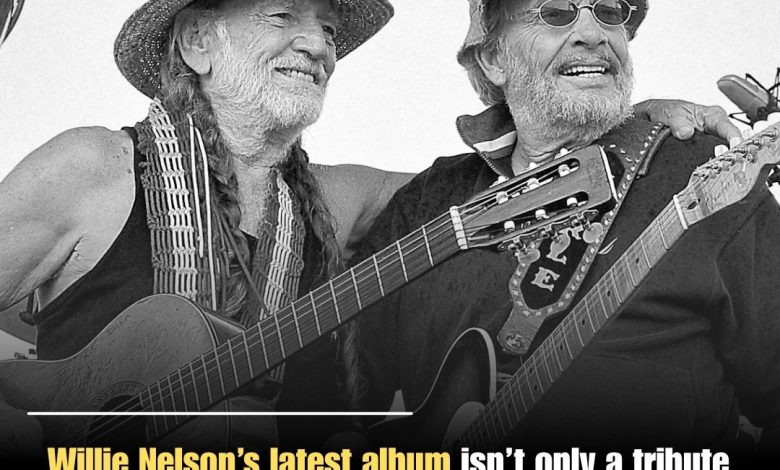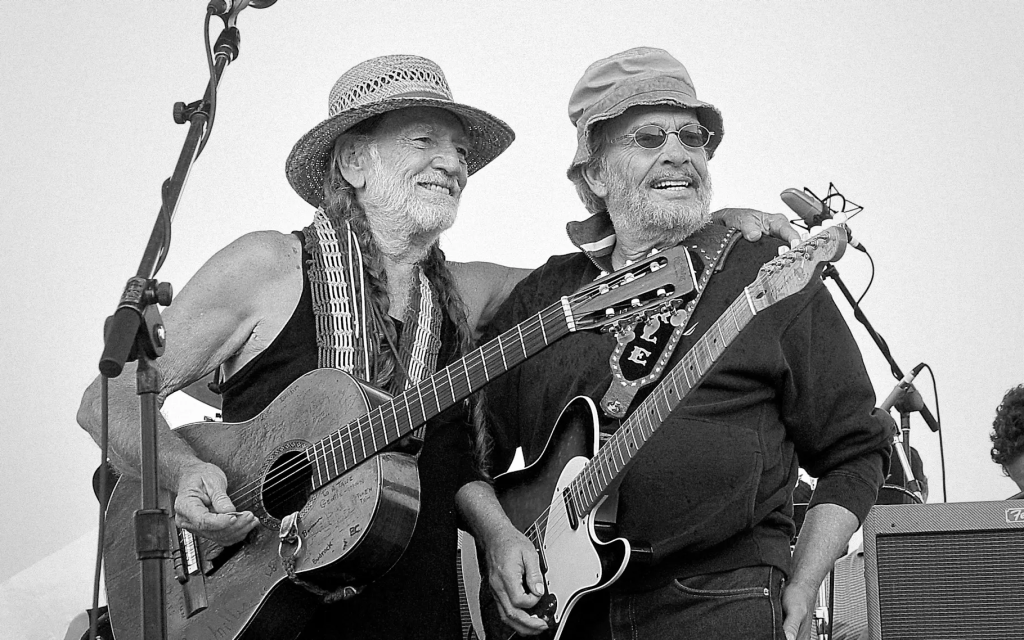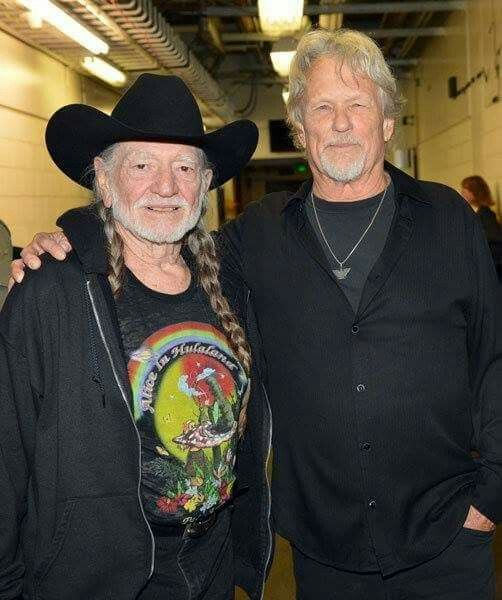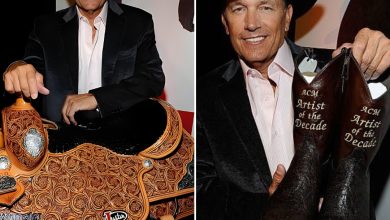Willie Nelson’s latest album isn’t only a tribute to Merle, it reads like a quiet goodbye to pieces of his past he’s finally ready to release. ML

Over the course of some thirty years, Willie Nelson and Merle Haggard made four albums together: Pancho & Lefty, in 1983; Seashores of Old Mexico, in 1987; Last of the Breed (alongside Ray Price), in 2007; and Django and Jimmie, in 2015. That last album came out just a year before Merle’s death. Now, on a new record, Willie offers a stripped-down homage to his old friend and collaborator.
Your opinion of Workin’ Man: Willie Sings Merle will depend on how you feel about Willie casually jamming on songs with longtime bandmates. One of the album’s main draws, in other words, is nostalgia. If this appeals to you—if you’d like to be taken back to bygone days spent joyfully listening to Willie and Merle playing alongside Willie’s sister, Bobbie; drummer Paul English; and longtime harmonica sideman Mickey Raphael—then, yes, this album (remarkably, Willie’s 155th, and his 78th solo studio offering) will make you quite happy indeed.

Paying tribute to other artists was once common practice among Music City’s denizens, but it is less so these days—though it seems Willie never got the memo. Prior to this collection of Haggard cuts, he’s released homage albums for Rodney Crowell, George Gershwin, Lefty Frizzell, Harlan Howard, Kris Kristofferson, Ray Price, and Frank Sinatra (who inspired two such projects). Some have worked better than others. To Lefty from Willie (1977) comes in at 15 on our ranking, while Oh What a Beautiful World, the Crowell tribute from April 2025, lands at 92. But with Workin’ Man, Willie has done right by his friend and collaborator.
On the record, we get eleven handpicked favorites from various parts of Merle’s long and illustrious career, each one a Haggard composition or cowrite. A few tracks, such as “Ramblin’ Fever” and “Mama Tried,” come off a touch rote (these numbers are, perhaps, so familiarly Merle’s that new interpretations just fail to capture the magic of the original versions), and Willie’s voice, crepe paper–thin at times, shows the ravages of his 92 years of well-lived life. Others, though, like the classic “If We Make It Through December,” the somewhat obscure “Somewhere Between” (from Haggard’s 1967 album Branded Man), “Today I Started Loving You Again,” and the album’s title track, “Workin’ Man Blues,” shine. Willie’s deft guitar work offers glimpses of the mastery for which he’s long been known, and the accompaniments of Bobbie’s piano and Mickey’s lonesome harp, when applied to Haggard’s soulful songwriting, make for stunning renditions of these classics.

The album eulogizes more than just Merle. The songs were recorded at Willie’s Pedernales Studio, in Briarcliff (just west of Austin), and feature the final recordings the singer made with longtime Family band stalwarts: Bobbie, who died in 2022, and Paul English, who died in 2020. Bobbie, two years Willie’s senior, accompanied her little brother for the bulk of his musical career, and English began playing for him in the 1950s. Kevin Smith covers bass, and English’s brother Billy contributes on drums and percussion. The project was coproduced by Mickey Raphael; his familiar harmonica smoothly weaves its way through the record.
What works best on “Workin’ Man” is the overall laid-back aura—which is the Willie way, after all. There are little flubs, intentional or not, here and there (on “I Think I’ll Just Stay Here and Drink,” Willie sings, “I could be doing wrong or doing right,” though the Hag originally penned the line as “I could quit doing wrong, start doing right”) and a few surprising, casually delivered ad-libs (“ ‘White Lightning’s still the biggest George Jones song” instead of “white lightning’s still the biggest thrill of all,” on “Okie from Muskogee”). Then there are a couple of touching, magical moments, like when Willie calls out to Bobbie: “Play it, sister.”
Such instances make Workin’ Man sound—and feel—very much like a group of old friends, some present only in spirit, sitting around the studio and doing what they love to do. And, really, that’s exactly what this album is. Listening to Willie and Trigger reinterpret Merle’s melody on “Silver Wings,” it’s hard not to picture the late outlaw nodding along.





